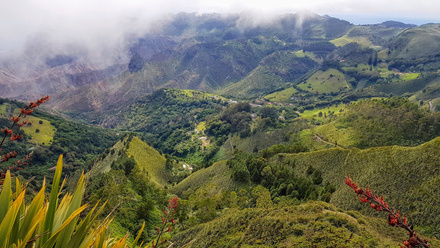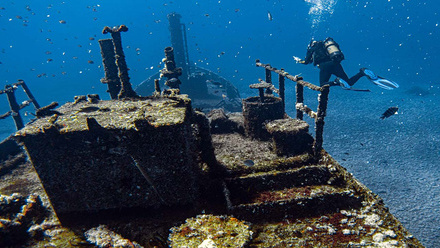The subtropical island of St. Helena in the South Atlantic Ocean offers exciting adventure, idyllic beauty and unrefined nature. With ancient wrecks, majestic forts, awe-inspiring natural wonders and breathtaking walks - there is something magical for every traveller to experience. And with its temperature climate, St. Helena is the ideal destination at any time of the year.
Website | Facebook | Instagram | YouTube | Twitter | LinkedIn
Must See / Do
James Bay
Along the north-western facing coast from James Bay is a prime diving spot as it's sheltered from the prevailing Atlantic currents and dives can be held all year round. Explore ship wrecks and experience a myriad of marine life.
High Knoll Fort
Enjoy sweeping views, guided walks and insightful tours of a truly memorable landmark.
Diana’s Peak National Park
Diana’s Peak is the highest place in St. Helena and worth a climb for the sake of the scenic views.
Jamestown
A vibrant, bustling town, it's ideal for cultural excursions, delicious dining and a host of shopping pleasures. And the home of Jonathan, the worldest oldest living Giant Tortoise!
Regions
 Diana’s Peak National Park
Diana’s Peak National Park
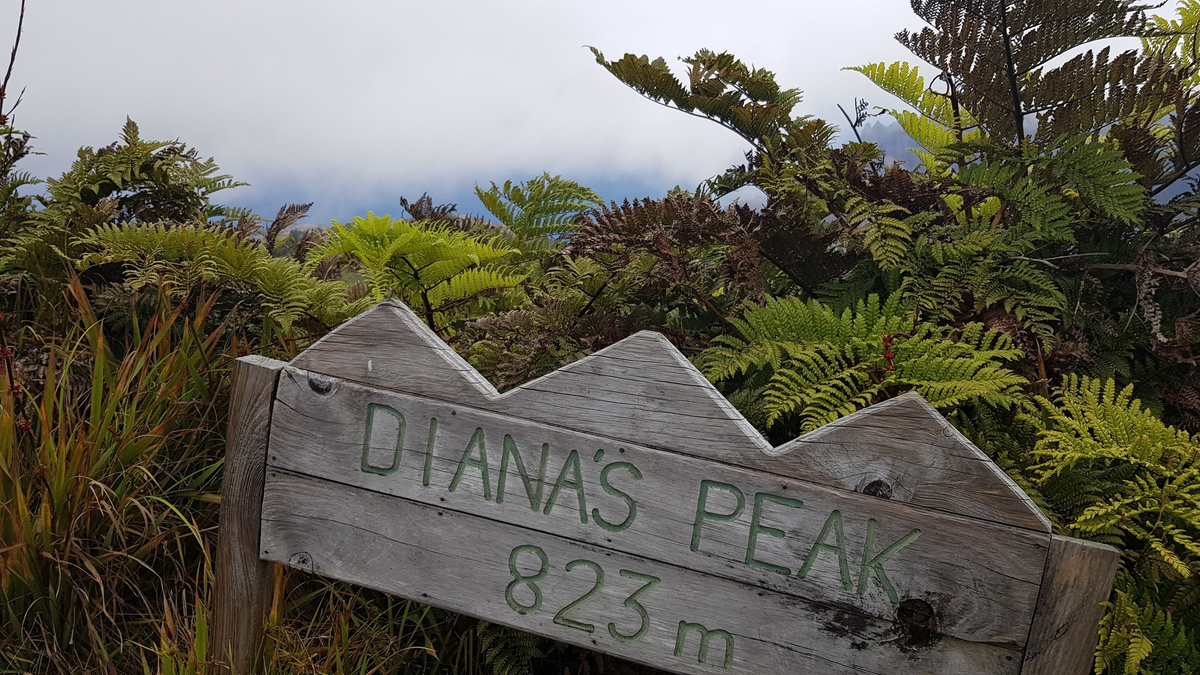
Diana’s Peak is the highest place in St. Helena and worth a climb for the sake of the views. The National Park includes the three summits of Diana’s Peak, Cuckold Point and Mount Actaeon. Tree ferns and Black Cabbage Trees dominate the landscape forming a canopy to prevent flax growth on the slopes. The niche microclimates supports endemic shrubs and flowers and hundreds of insect species. A nature lover's paradise for walking and exploring.
 Heartshaped Waterfall
Heartshaped Waterfall
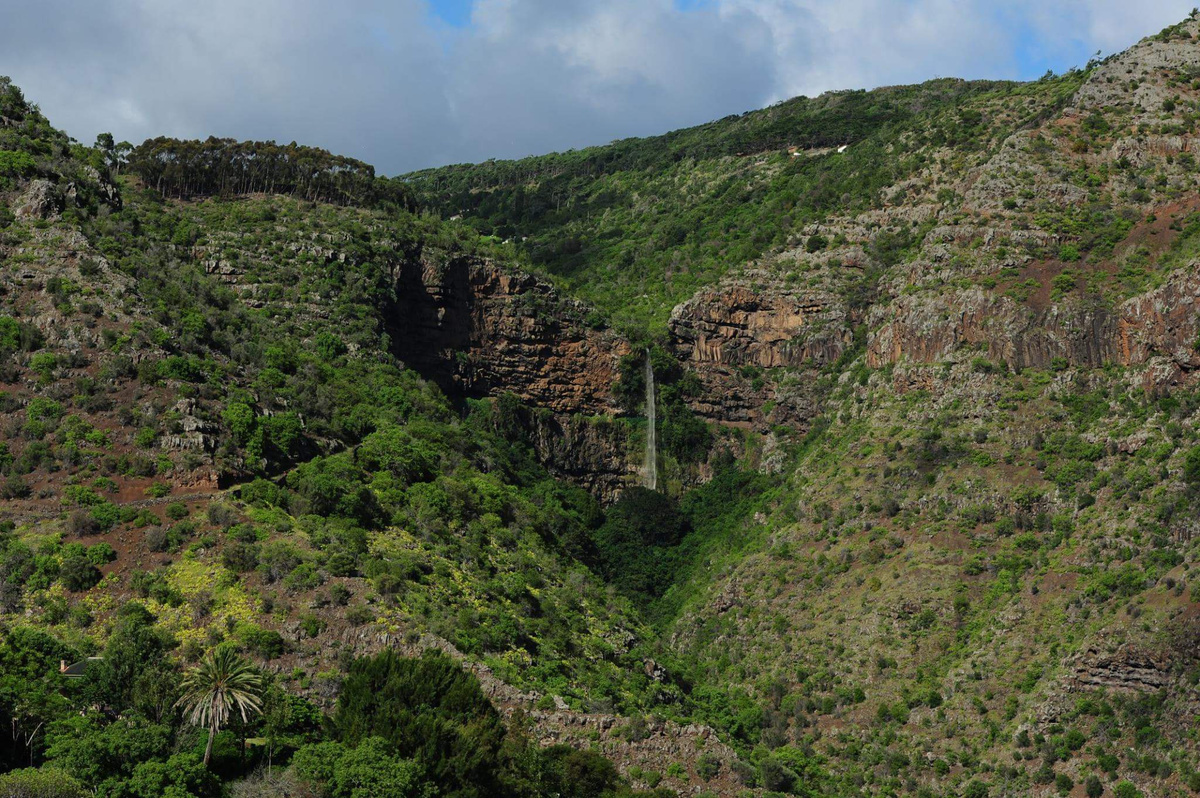
The Heartshaped Waterfall is one of the seven wonders of St. Helena. In the summer, it is usually dry and is fed by the winter rains. The waterfall is owned by the St. Helena National Trust. Explore verdant trails and rock formations.
 St James Church
St James Church
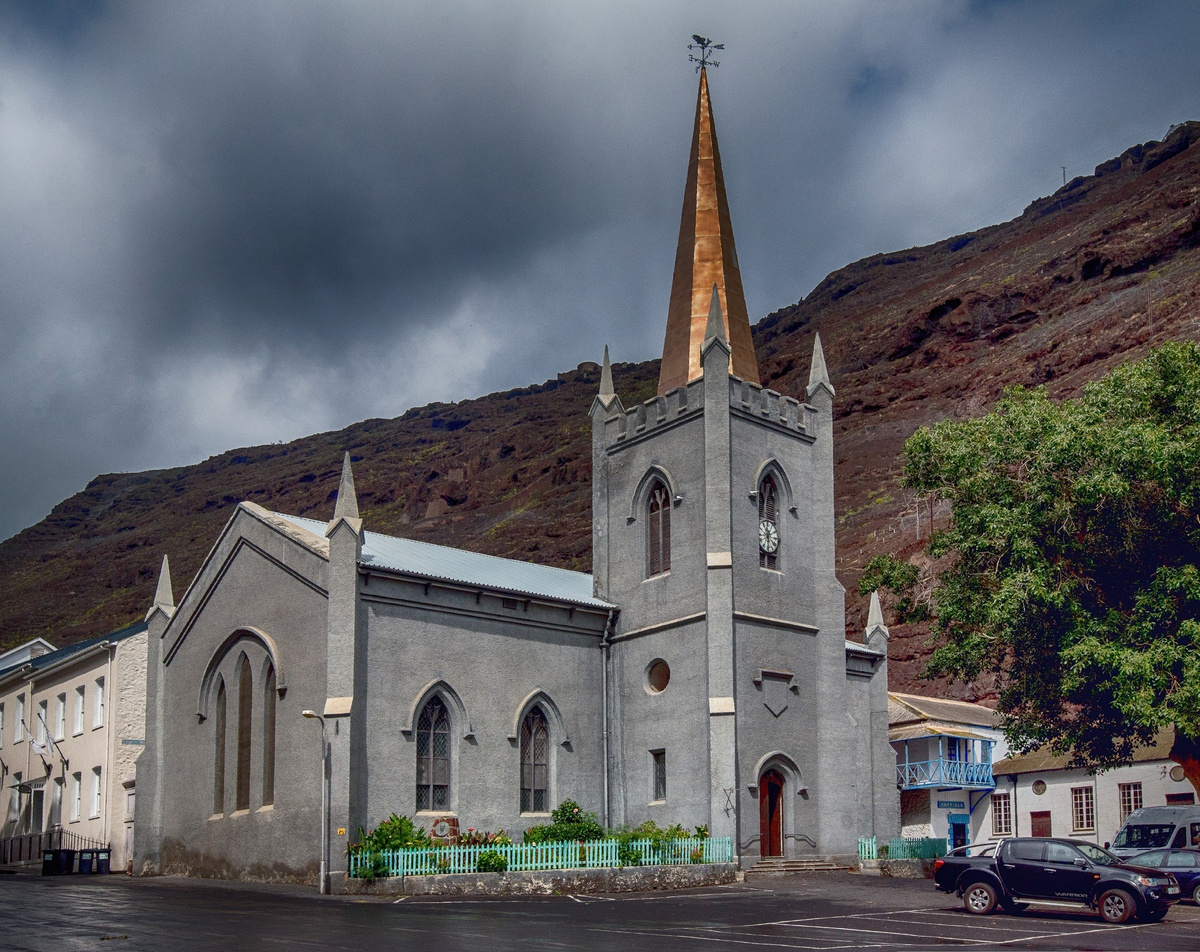
St. James Church, founded in 1674 is the world's oldest surviving Anglican church south of the equator and offers a fascinating insight to the island's short history. Built using the relatively soft, red stone taken from the quarry at the southern end of Jamestown, it's a magnificent structure that reflects St. Helena's rich cultural and historical tapestry.
 Longwood House
Longwood House
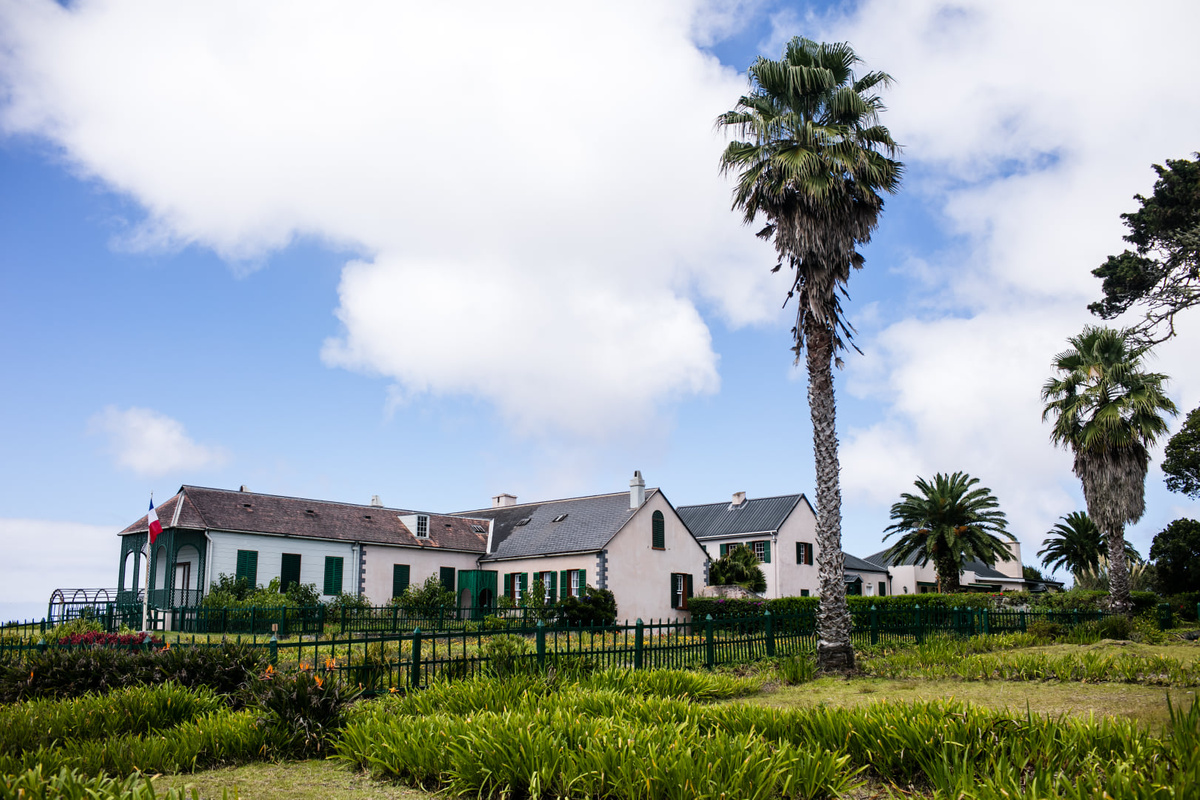
Longwood House was the residence of Napoleon Bonaparte, during his exile on St. Helena from 1815 until his death in 1821. The house is worth visiting to see the fascinating Museum and take in the lush, manicured gardens.
 Napoleon’s Tomb
Napoleon’s Tomb
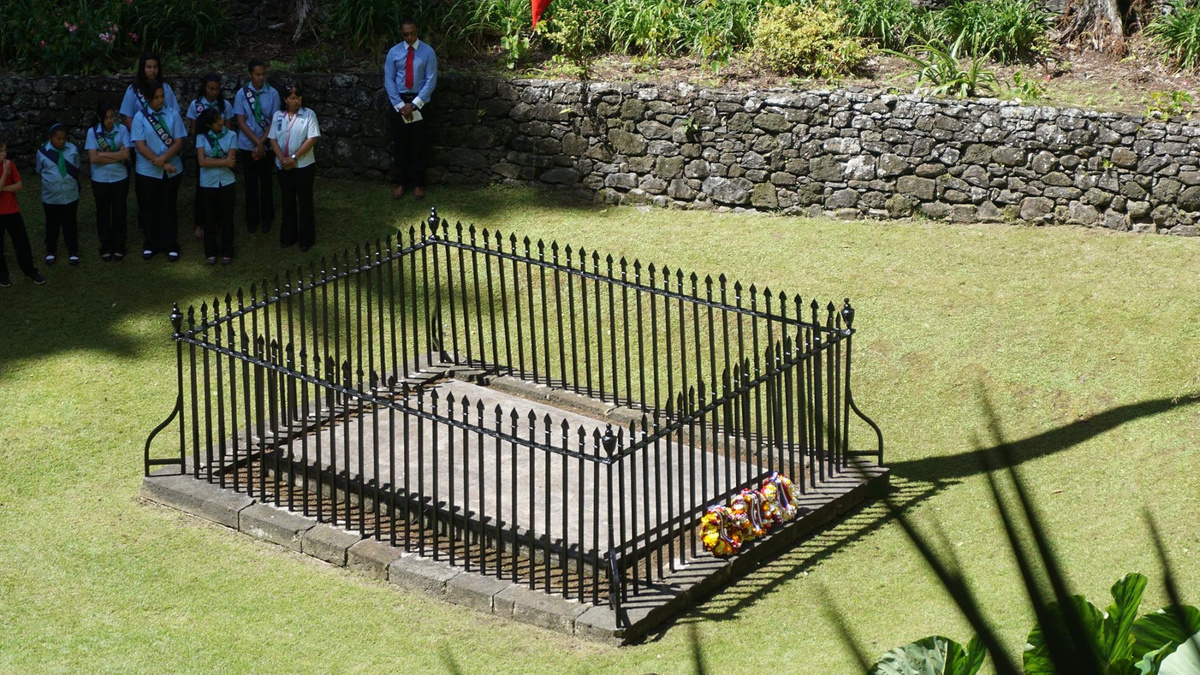
Despite the tomb being empty, it is a popular tourist spot for those who seek to experience the peace of this quiet place and reflect on Napoleon's life. A 'Moment de Memoire' is held at the site every year on the anniversary on Napoleon's death, the 5th of May.
 High Knoll Fort
High Knoll Fort
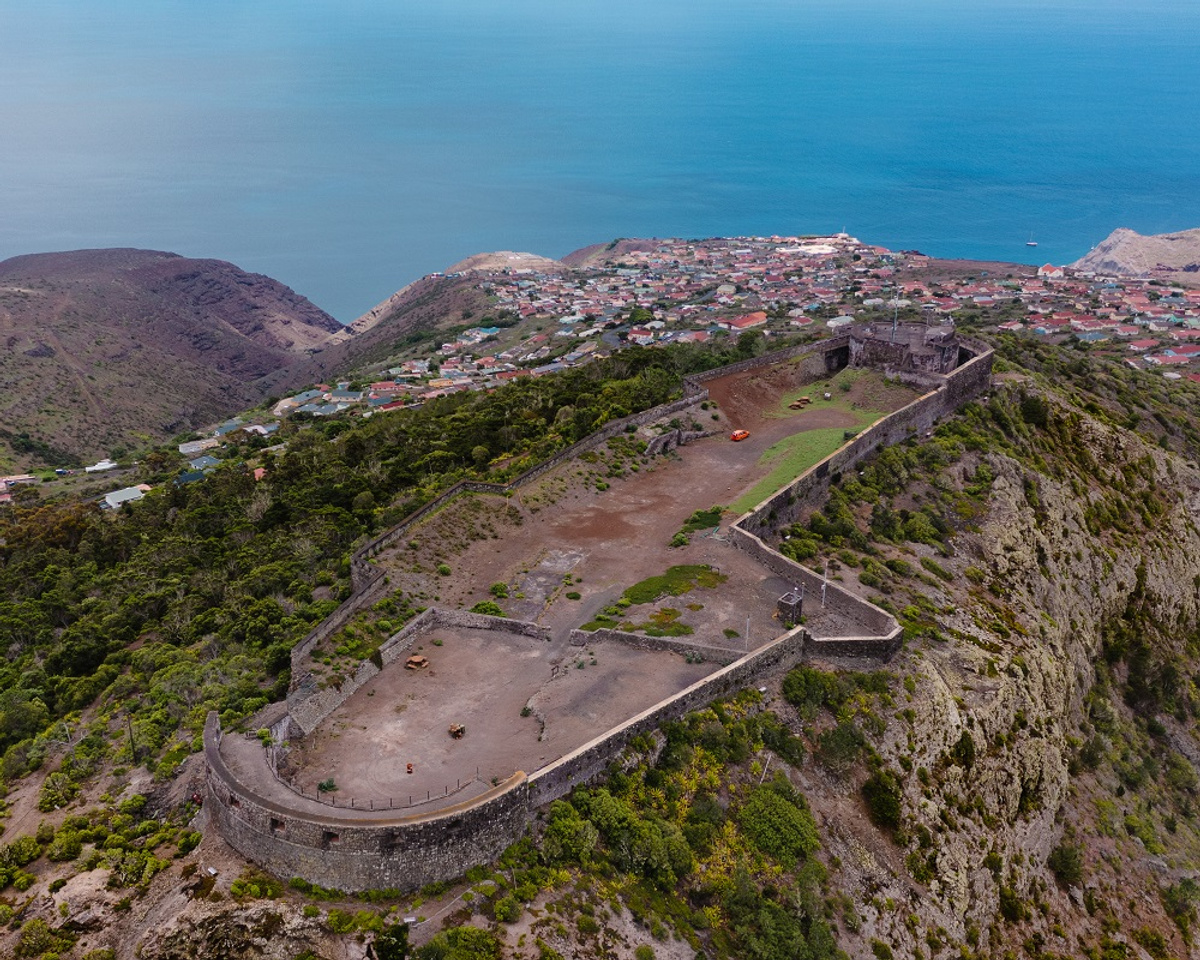
High Knoll Fort stands 584 metres (1,916 ft) above sea level and is the largest, most prominent and most complete of the forts and military installations on St. Helena. Located to the south west of and overlooking Jamestown, it is designated as a Grade I Listed building and is one of the 7 Wonders of the island. Enjoy sweeping views, guided walks and insightful tours of a truly memorable landmark.
 Jamestown
Jamestown
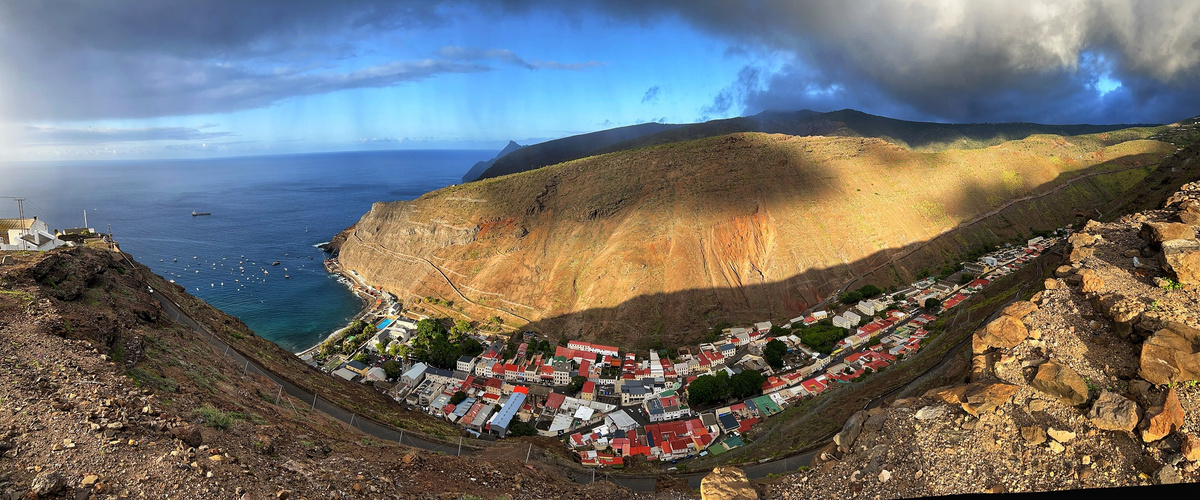
The capital of St. Helena, Jamestown has been proposed as a UNESCO World Heritage Site and the colonial architecture of the British Georgian-era has been refreshingly untouched. A vibrant, bustling town, it's ideal for cultural excursions, delicious dining and a host of shopping pleasures. Also visit the historical Plantation House where you can meet Jonathan, the world's oldest living giant tortoise!
 The Millennium Forest
The Millennium Forest
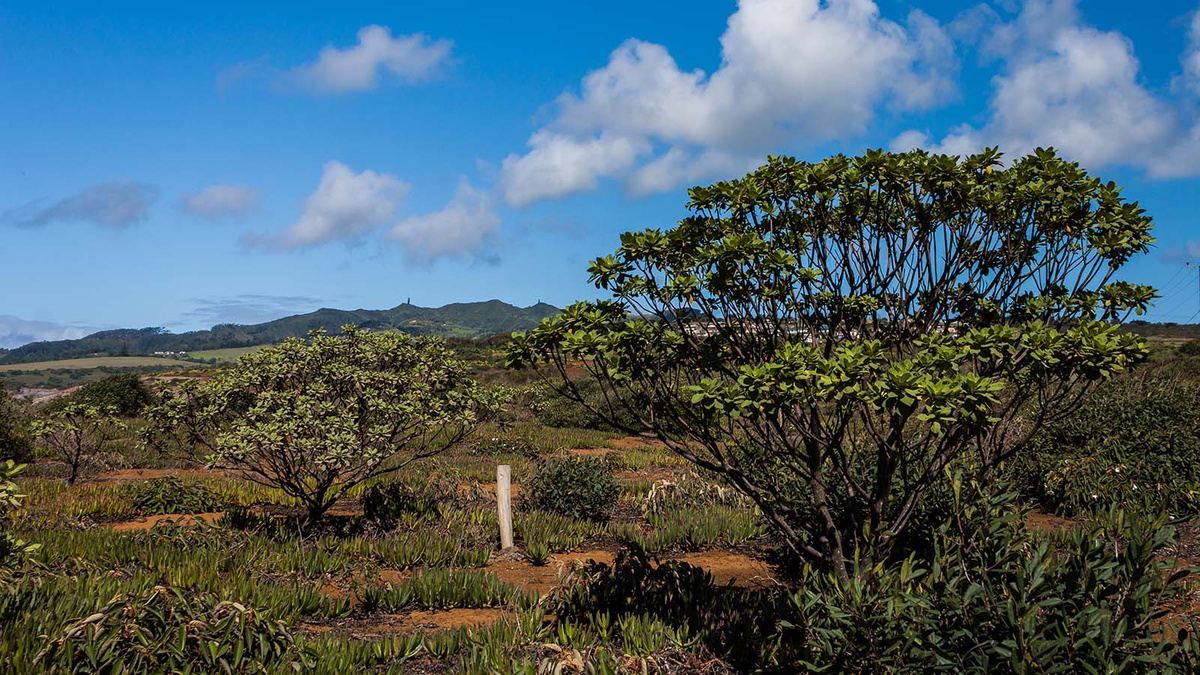
The Millennium Forest aims to recreate the Great Wood of pre-colonisation. During the first phase of the project, nearly every resident paid for and planted their own trees; in all, approximately 3,000 trees. Over the years, the total land area dedicated to reforestation has increased. The Millennium Forest is one of the most ecologically important places to see on St. Helena Island, with its varied species of endemic plants mainly the Gumwood.
 Museum of St Helena
Museum of St Helena

Situated in Jamestown in an 18th-century stone building and what was the old power station, is The Museum of St. Helena - the source of over 500 years of St. Helena's history. The museum holds an extensive physical and digital archive of the island's heritage. Well worth a visit.
 James Bay
James Bay
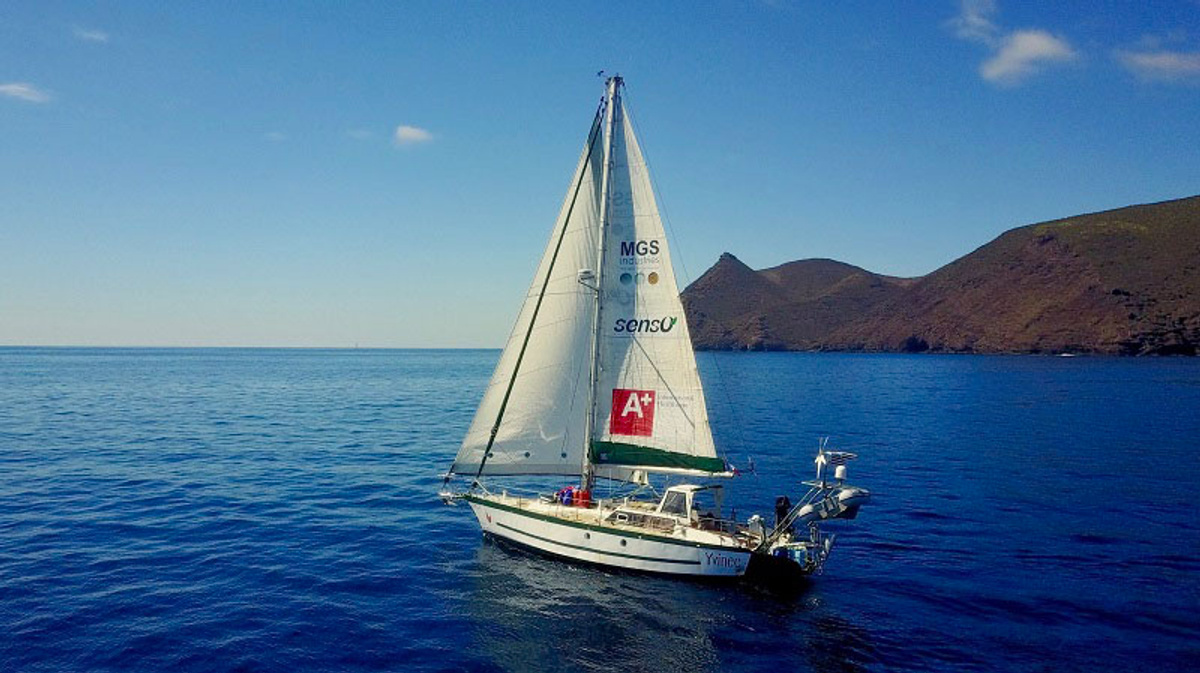
Along the north-western facing coast from James Bay is a prime diving spot as it's sheltered from the prevailing Atlantic currents and dives can be held all year round. Explore shipwrecks and experience a myriad of marine life (including plankton-hungry whale sharks) in a dazzling crystal clear underwater paradise.


